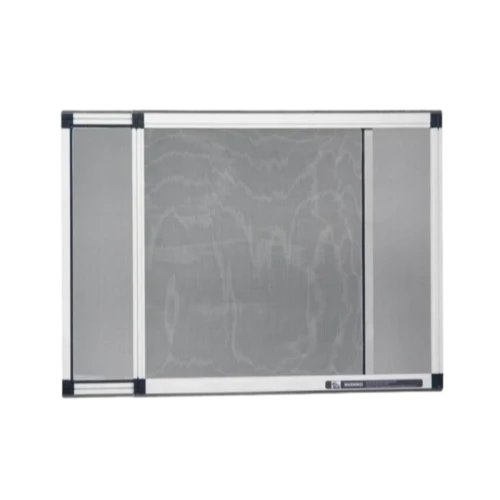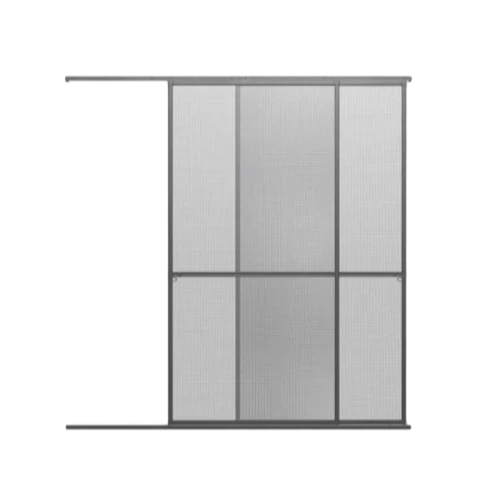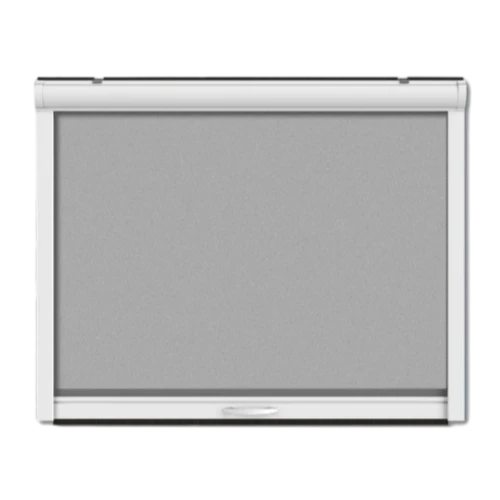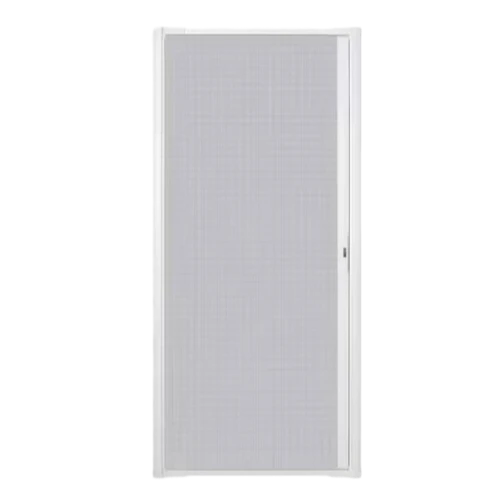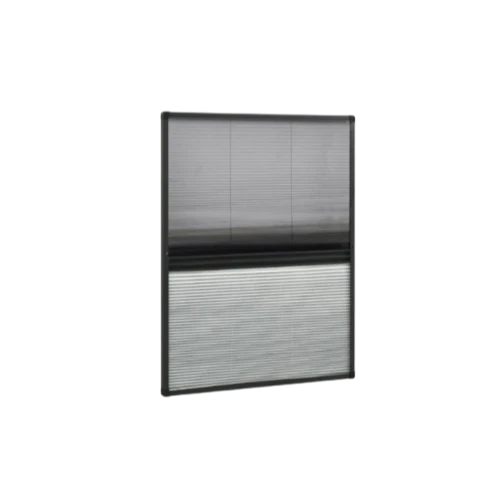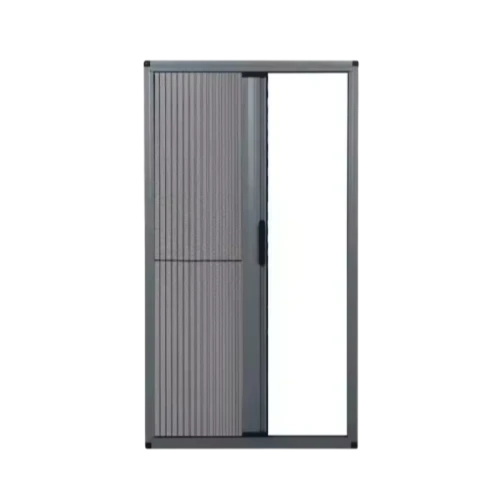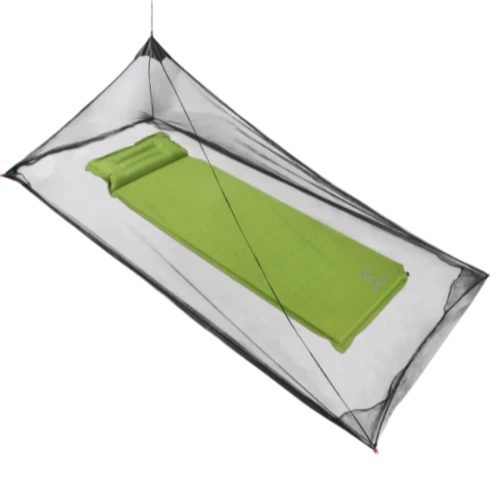Jan . 06, 2025 11:21 Back to list
mosquito net types
When selecting a mosquito net, understanding the various types available can significantly enhance both protection and comfort. These protective barriers are not just an essential defense against mosquito-borne diseases like malaria or dengue fever, but they also provide peace of mind for those residing in or traveling to mosquito-prone areas. Here's a comprehensive guide on the different types of mosquito nets, emphasizing practical experience, professional insights, authoritative recommendations, and reliable information.
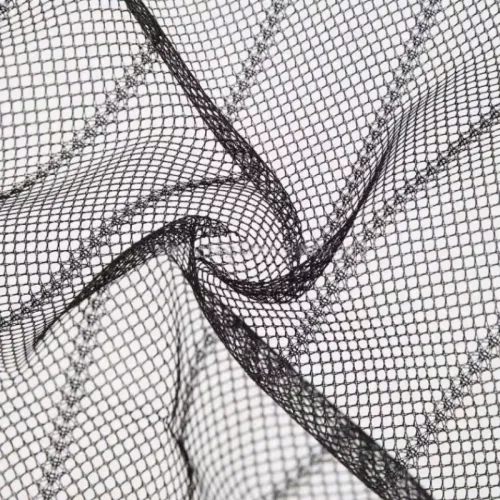
The first category is the rectangular mosquito net. These nets are among the most traditional and widely used. Due to their large space, they offer a comfortable sleeping environment, especially since they don’t touch the sleeper's skin. Their setup, however, requires a solid structure to hang from, such as ceiling hooks or a specially designed frame. Rectangular nets are ideal for long-term use in a home setting where there's a permanent bed structure.
Conical mosquito nets, or bell nets, have a more elegant design and are popular for their ease of use. They only require one hanging point, making them suitable for temporary setups and travel since they are often lighter and easier to pack. However, the net material can sometimes drape on the person sleeping, which might not be comfortable for everyone. Experts recommend these if convenience and portability are top priorities.

For outdoor enthusiasts, freestanding nets are a versatile choice, often employed during camping or other outdoor activities. They come with a structured frame that requires no external support, allowing them to be set up anywhere, including indoors on beds or outdoors on the ground. While providing excellent flexibility, they might be bulkier to transport, so choosing one with a lightweight frame can compensate for this inconvenience.
mosquito net types
Next are impregnated mosquito nets, treated with insecticide to offer an additional layer of protection. Health organizations like WHO endorse these nets in regions with high incidences of mosquito-borne diseases. The insecticides used are safe for humans, making these nets a crucial tool in disease prevention campaigns. Their effectiveness and added safety make them a reliable component of a comprehensive mosquito control strategy.
Travel nets combine features from various designs to cater to travelers seeking protection without compromising luggage space. These compact, lightweight, and easy-to-install nets are typically conical or rectangular, catering to different preferences and sleeping arrangements. For frequent travelers, expert advice suggests investing in a durable design that can withstand repeated use and diverse environments.
Finally, popup mosquito nets offer instant setup capabilities for the ultra-modern user. These nets deploy instantly and fold down compactly, perfect for quick trips and instant protection in transient environments. However, they often come in smaller sizes, more suited to individual use. Nonetheless, their convenience cannot be overstated for those in need of immediate and hassle-free protection.
In summary, choosing the right mosquito net involves considering factors like environment, duration of use, portability needs, and the level of protection required. The experienced user should align their choice with their specific use case, while experts recommend considering nets treated with insecticide or offering comprehensive coverage for ultimate protection. By investing in the right type of mosquito net, one not only ensures a restful sleep but also significantly reduces the risk of mosquito-borne illnesses, making it an investment in both comfort and health.
Products
Latest news
-
Unveiling the Allure and Practicality of Classic Mosquito Nets
NewsJul.04,2025 -
Unraveling the World of Mosquito Nets: Varieties, Costs, and Production
NewsJul.04,2025 -
Redefining Protection and Style: The World of Mosquito Nets
NewsJul.04,2025 -
Enhancing Sleep and Style with Contemporary Mosquito Nets
NewsJul.04,2025 -
Diverse Solutions in Mosquito Netting: Sizes, Varieties, and Flexibility
NewsJul.04,2025 -
Deciphering Mosquito Nets: Significance, Varieties, and Applications
NewsJul.04,2025 -
Transforming Bedrooms into Mosquito - Free Havens
NewsJul.01,2025



